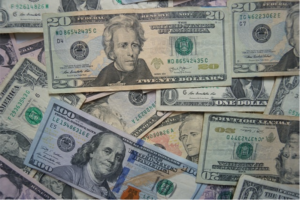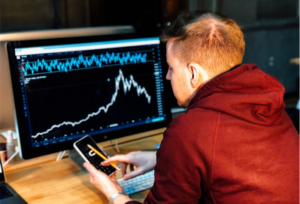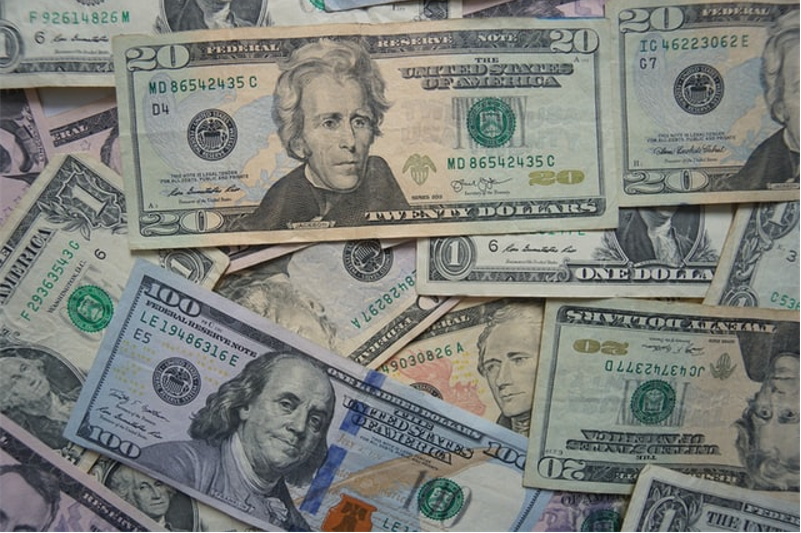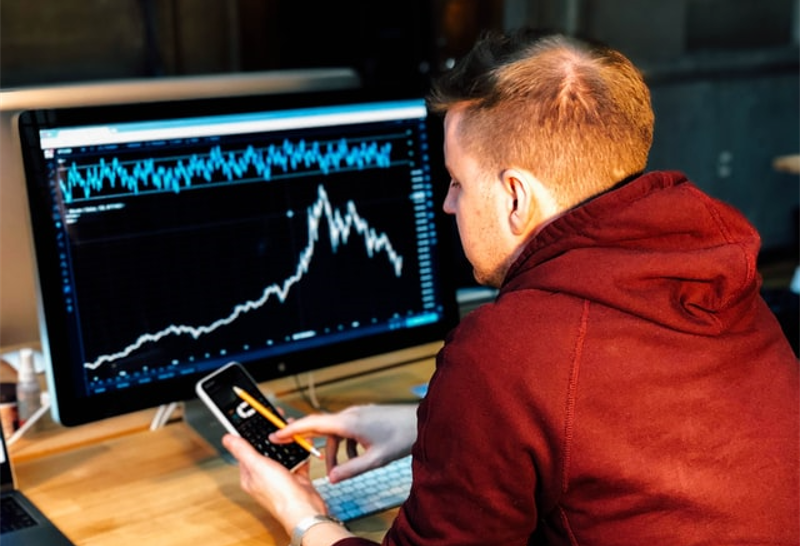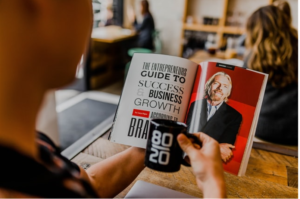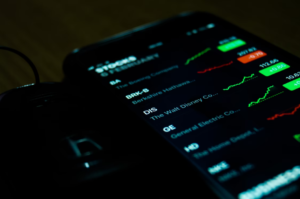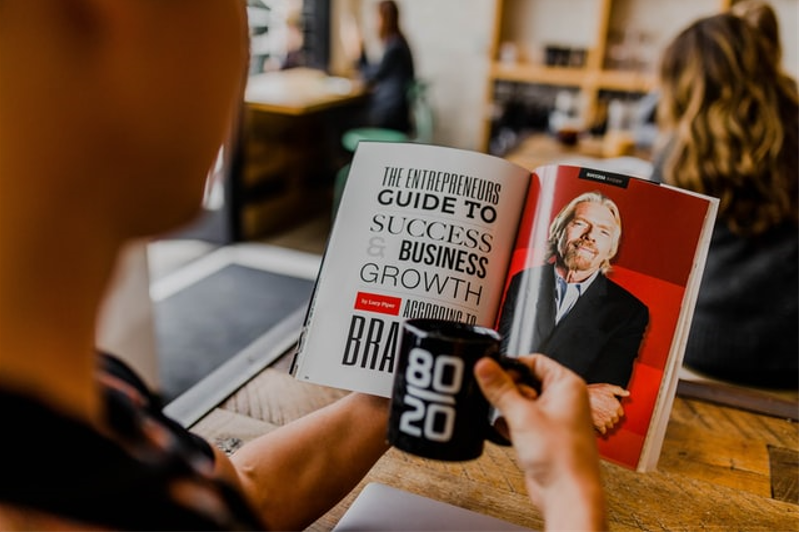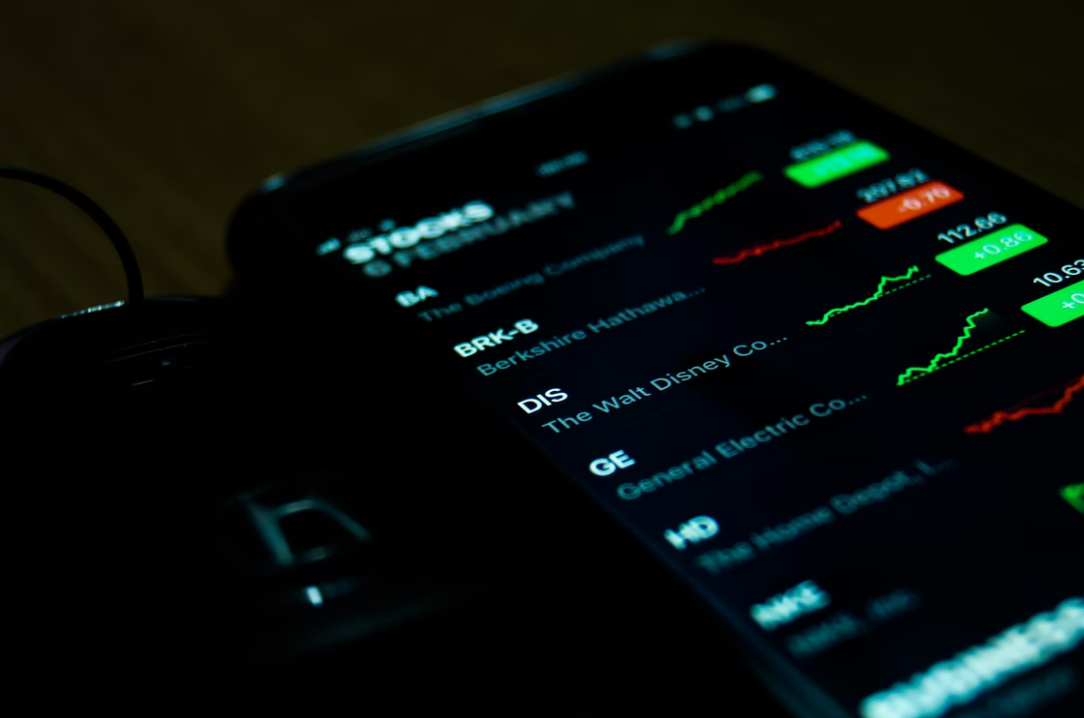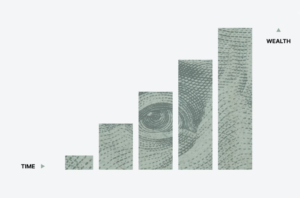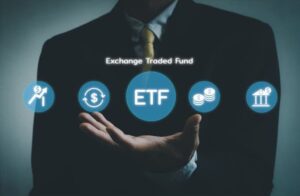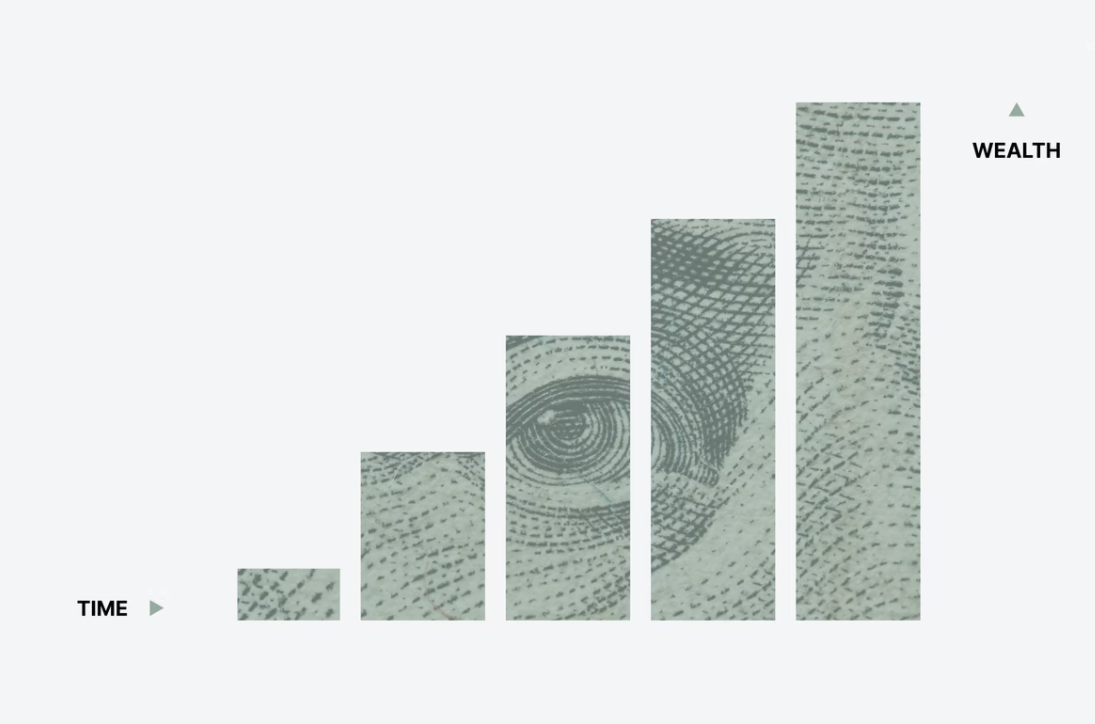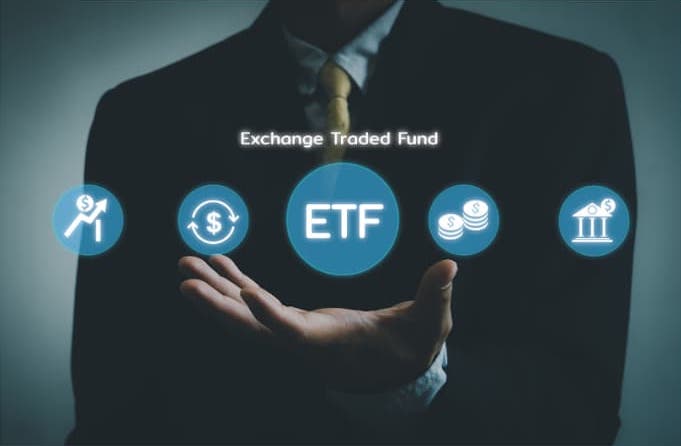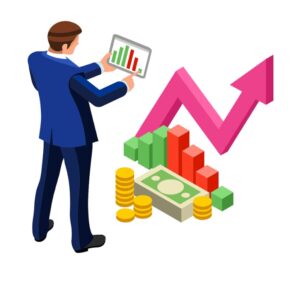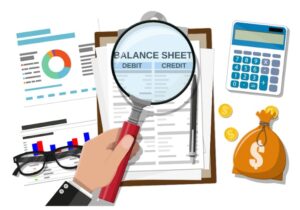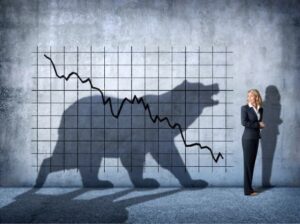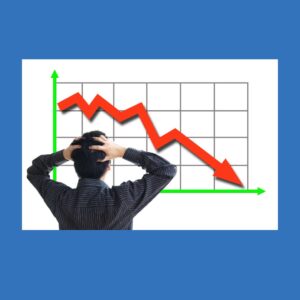Key Points
- Emerging Markets are developing countries that typically have lower than developed market household incomes, rapidly growing economies and continued increases in standard of living.
- Emerging markets offer the potential for higher returns but also typically higher risk thanks to political instability, bumps in the road and lack of investment.
- They differ from “frontier markets” who have yet to see the same level of technological innovation and development.
- We typically recommend a small allocation to emerging markets as they can provide juice to the portfolio but limit that allocation due to inherent risks.
They are Like Young Rising Stars with some Maturity Issues at Times
An emerging market is a developing country characterized predominantly by rapid growth and a shift away from being a traditional economy that historically revolved around agriculture or exportation of raw materials.
It is an industrialization process where in the earliest stages the country(market) holds characteristics such as low income, high growth, and increases in the standard of living while the country emerges into a more modern economy.
An underlying trait which acts as a catalyst for this is often the implementation of a free market/ mixed economy system and increases in core infrastructure spending.
These Maturity Issues are Where the Risk is
Since emerging markets often experience a higher GDP growth rate in comparison to developed markets such as the United States, Japan, and various European countries, it presents itself as an attractive investment opportunity.
Despite the prospect of high returns, investing in emerging markets holds much higher risk. Amongst these include political instability, currency volatility, unestablished regulatory bodies, illiquid assets, and a lack of transparency on business organizations investors often demand.
There are actually a multitude of issues that can increase the risk of investing in emerging markets which is why it is often best to research and discover a proven emerging markets fund manager as opposed to trying to invest directly into foreign companies yourself.
This can be done through either an ETF or Mutual Fund.
These countries often include China, Brazil, Mexico, Turkey, Vietnam and several others depending on what criteria is being used to evaluate the market.





